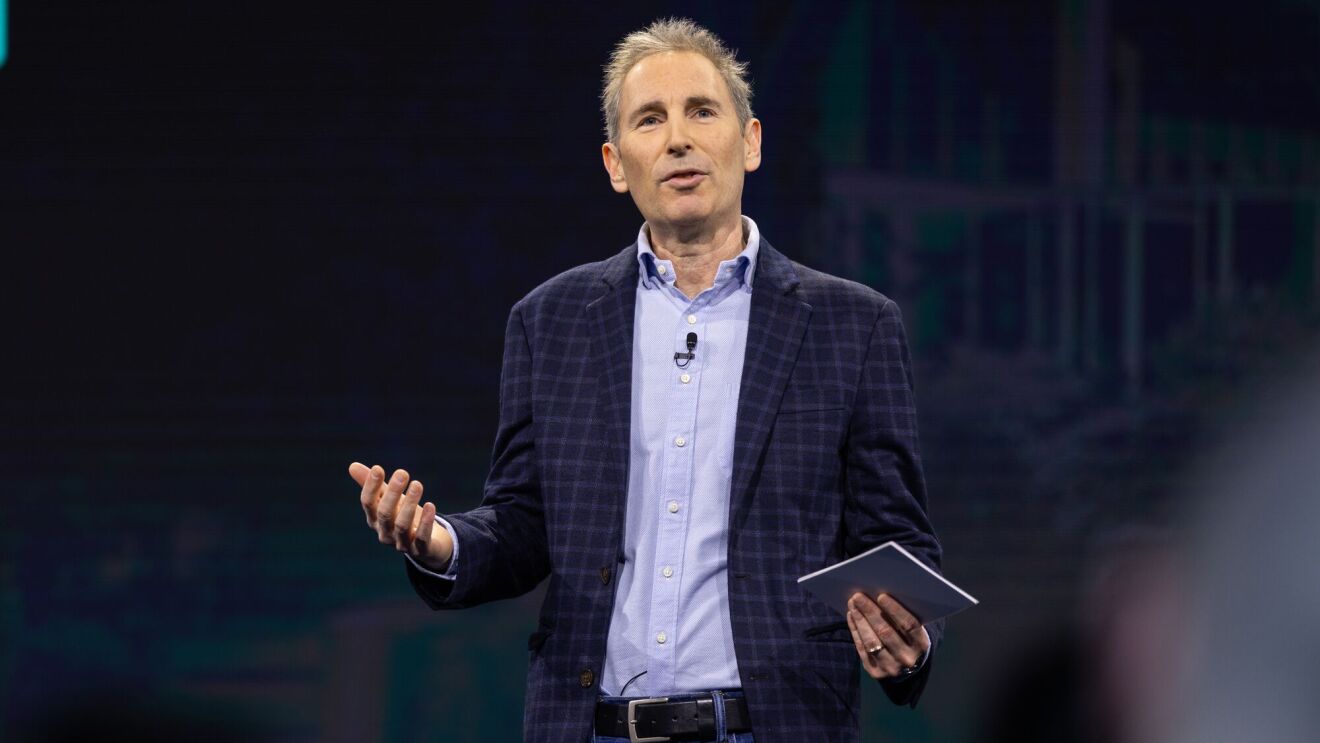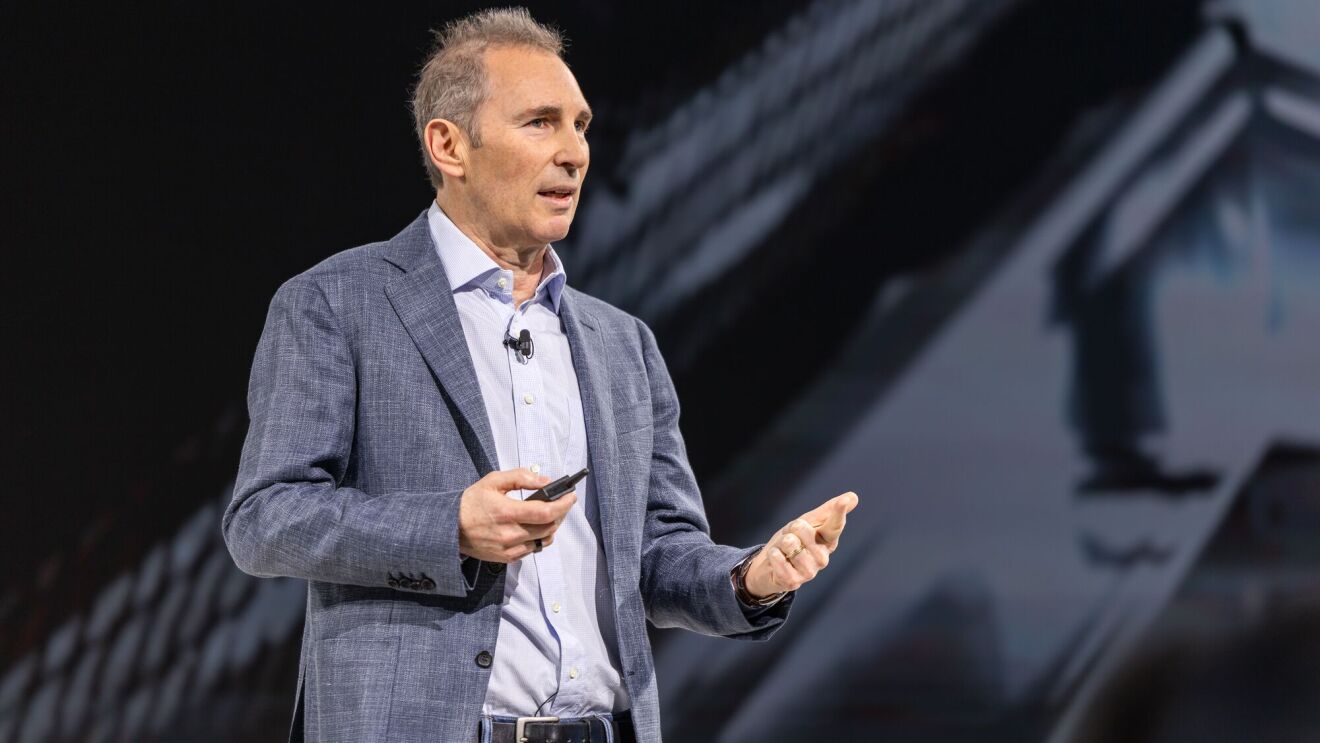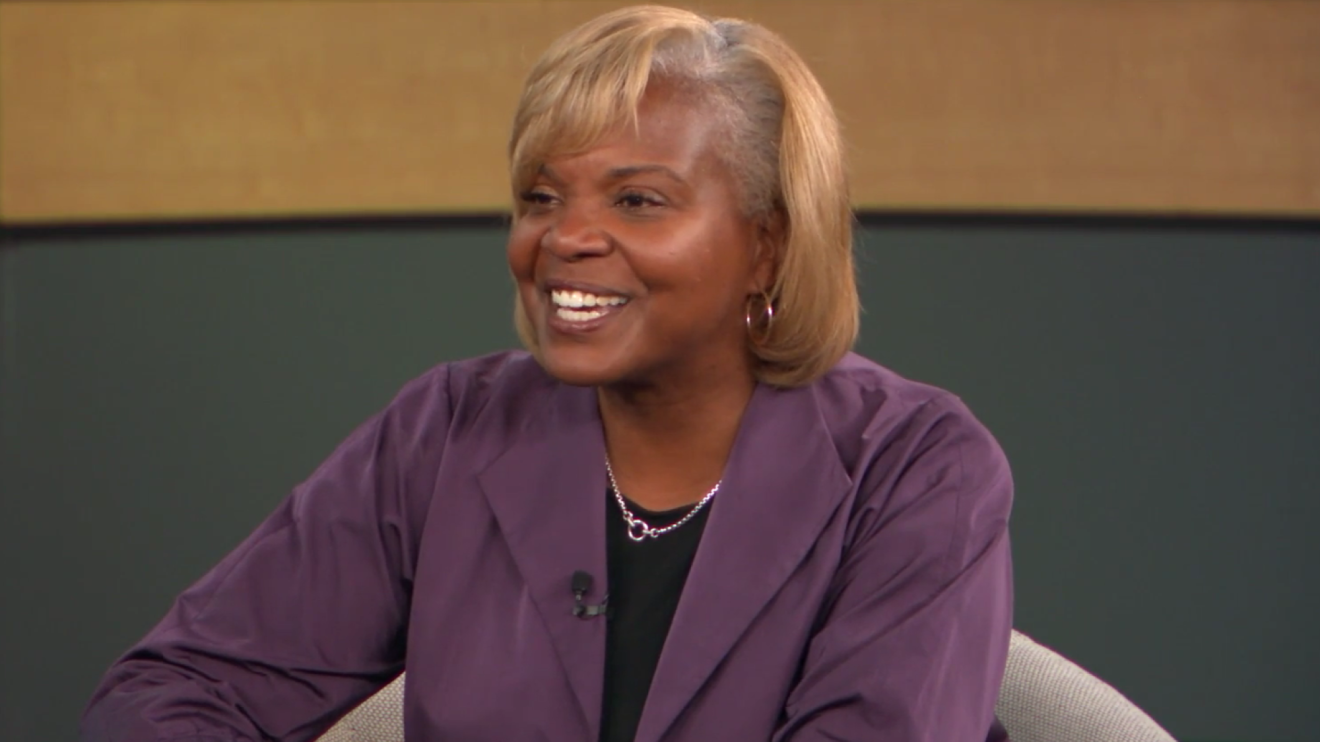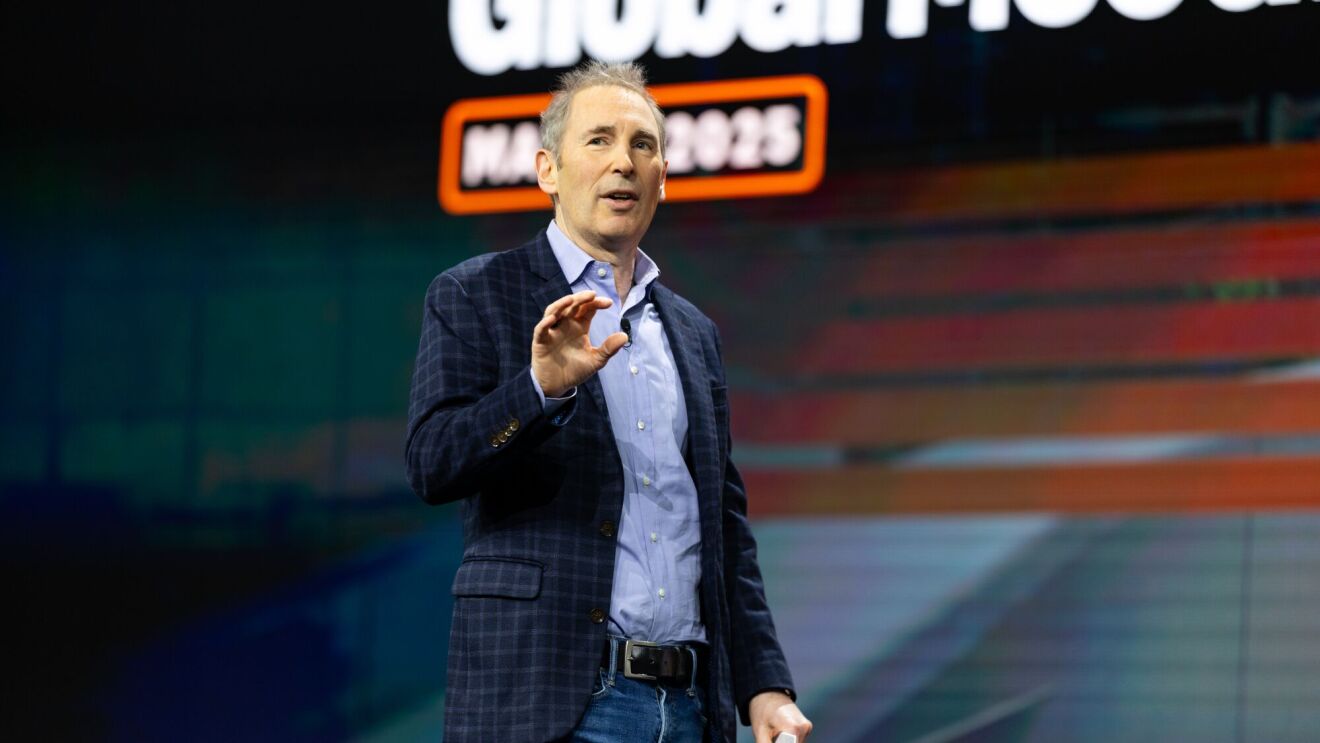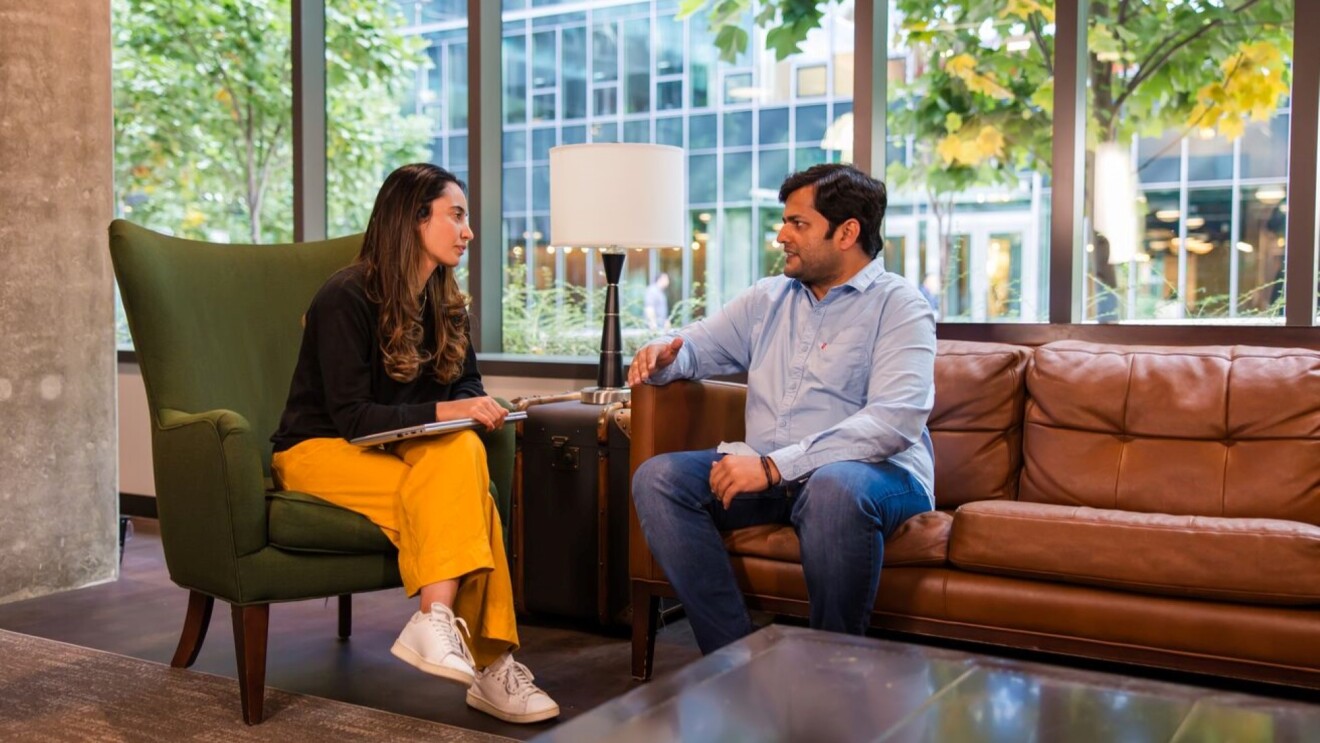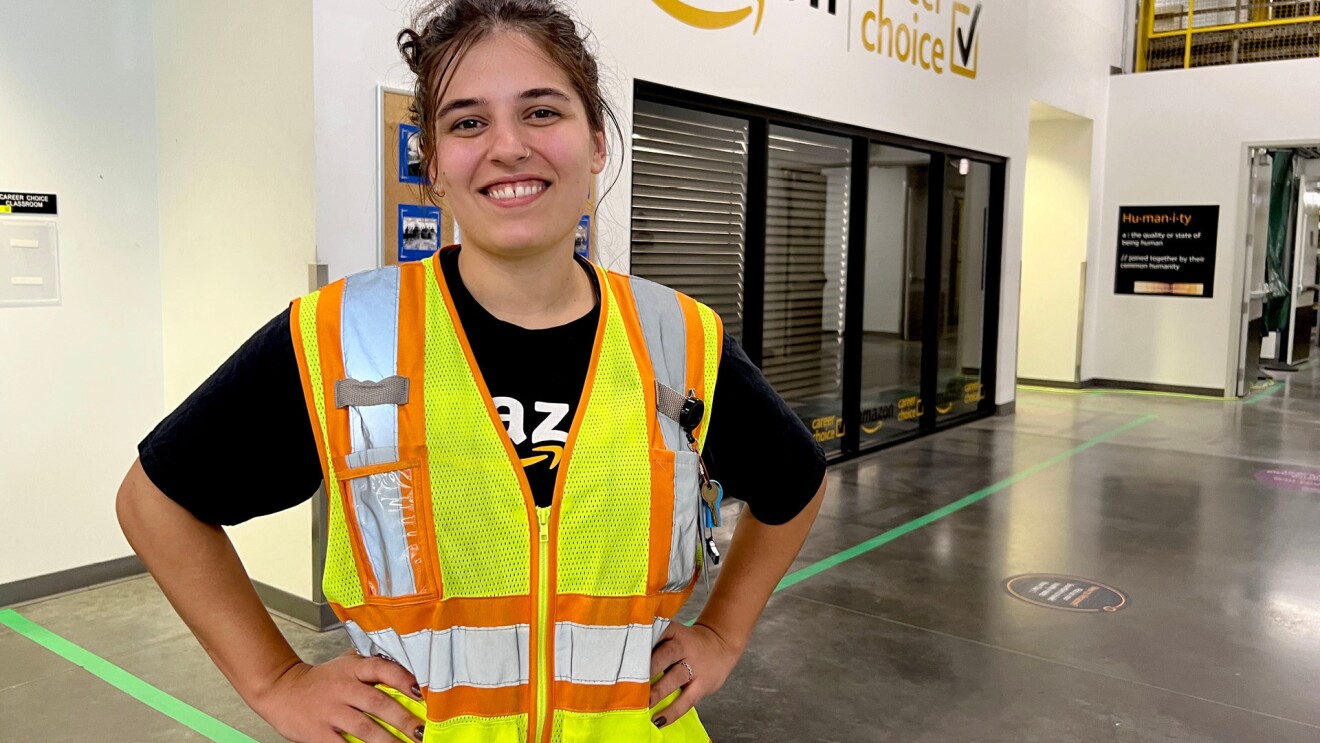Getting into the University of Kentucky gave Juwan Page a way out of little Lamar, Mississippi. Now, at age 23, he's out, graduated, and rising in the ranks at Amazon, working as an area manager at an Atlanta-area delivery station hundreds of miles away from his hometown.
But staying out of his hometown isn't Page's idea of success. Getting back is, and he does it as often as possible—back to farmland his ancestors claimed after slavery, and back to soil he believes can once again be a source of pride, nutrition, and possibility for his family and his community.
01 / 05
"Others may see poverty," Page said of Lamar, a small unincorporated community about an hour's drive southeast from Memphis, Tennessee. "Others may see no opportunity. We don't have a stoplight. We don't have a police station. We don't have a grocery store. It's a food desert, meaning people have to travel over 25 miles to access fresh, affordable, and healthy foods. A lot of things we don't have.
“But when I think about home, I think about this sense of hope. I can swing on a hammock and just sleep without being bothered, and not worrying about somebody coming up and doing harm to me. It's that feeling of the wind. It's hearing the horses in the background. It's hearing my sister on the four-wheeler. It's just a country feel. This is what I believe people consider the American dream—that type of freedom, that type of peace, you know?"
It's a fragile peace. The farm doesn't support itself at this stage of its multiple generations in the family. So Page lives as modestly as he can in Georgia and devotes as much of his paycheck as possible to buying agricultural machinery and supplies back in Mississippi to help his family run the farm.
"Starting as a temporary associate was good at Amazon,” Page said. "But what became great is when I was promoted to full-time. One promotion led to another—four times in a year and six months. I wonder what five years will look like."
He started at Amazon in January 2020, and his dreams for the farm become more feasible with each promotion and pay raise.
"I have more farm bills than I have personal bills, let's just say that," he said. "I've never made a profit off of this farm. Everything that we get in, I put it right back into either land taxes or my equipment. It's for love. It's for long-term vision."
Page dreams of a future when the farm pays for itself, creates local jobs, and gives his community a reliable source of healthy, affordable, farm-fresh food.
"I don't get to talk to many people about the farm or my passion," Page said, chuckling as he thinks back on baffled looks from friends and from women he's dated. "Because when I do that, it's kind of like, 'Dude, what in the Mississippi are you talking about? Why this? Out of all the things you could do, why this?'"
Chadwick George and Eli Caldwell—college friends of Page's who also work at Amazon—don’t question his priorities. "Honestly, I commend him," George said. "People can spend a lot of their paychecks on cars and clothes and getting bigger apartments. He's putting it into something he loves."
Caldwell said, "I've worked on a farm just a little bit. It's hard, honest work. And owning your land, that's a great thing—for generations. That's beautiful."
George, who's now an operations manager at a fulfillment center in Houston, said he always told people back in college: "Get to know Juwan. He's country, and he gets that Southern hospitality in that. He's very genuine. And when he asks you how you're doing, he wants to know exactly how you're doing."
Caldwell, an area manager at a sortation center in St. Louis, agrees. He has a theory about how he, George, and Page all ended up joining the same company, why they're thriving in their jobs, and why a growing number of their friends have taken their advice and followed them to Amazon.
"We love serving people," Caldwell said. "Through our college careers we were in different positions serving people."
01 / 07
So he figures it's natural that the three friends would graduate and be drawn to management roles where they could solve problems for employees, coach them to make the most of their careers, and help them move toward their life goals.
Being there for people is at the core of Page's farming in Mississippi and his worklife in Georgia. Describing the way he starts his shift as a manager, he said: "I walk around, see the people, speak to everybody, let people know before I sit down 'I see you. I'm here.'"
He intends to excel, create opportunity for others, and keep earning more responsibility. "The higher I go in Amazon, the more leverage I have to grow that farm," he said.
He summed up his farming with the words "one family, one piece of land, and one big dream to make this place a better place." He, his family, and his church community make sure that people who normally struggle to afford fresh, nutritious food benefit from each harvest.
"This land has been a safe haven," he said, thinking back over the generations. "It means everything to say next year we'll potentially be a small business and employer. The biggest thing I want to do is to be a part of a new era of light in the community."
Trending news and stories















